Come and Learn DIY Skills on Home Renovation Tools with Us
We believe that everyone should have the opportunity to learn valuable DIY skills. Hand and power tools are useful for completing all kinds of home repairs and renovations. You will learn the skills and knowledge you need to complete your project safely and successfully from our blog.

What Makes Our Guides on Handy and Power Tools So Great?
With the right hand and power tools and the knowledge of how to use them, you can avoid costly repairs or replacements. You’ll also be able to decide which projects to handle yourself and which ones to leave to the pros after familiarizing yourself with home renovation tools..
It can enhance the sense of accomplishment when your projects are completed if you proceed in this manner.
Uses of Home Decoration Tools
We all know that first impressions are everything. When you have guests over, you want your home to look it’s most attractive. Here’s where our guide to home decoration tools comes in.
Furniture Renovation Tips
Every home needs a touch of refreshment. You might be surprised how much of a difference new furniture can make in a room. Instead of buying brand-new furniture, try our renovation tips for updating your old stuff.
Floor and Wall Repairing Guide
Our homes are constantly being tested. Animals, weather, water, and even children can cause damage. So we’re here to help you keep your house in tip-top shape with the most comprehensive floor and wall repair guides.
All Plumbing Repairing Ideas
When you have plumbing issues, it’s vital to have someone you can trust to come and take a look at the problem. We can help with that. For any plumbing repair idea, big or small, we are your trusted source.

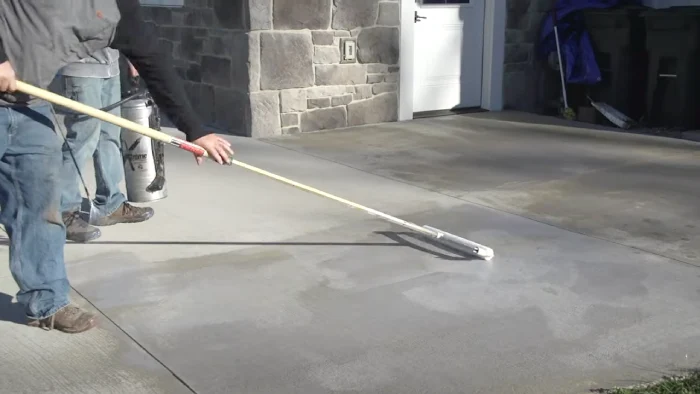
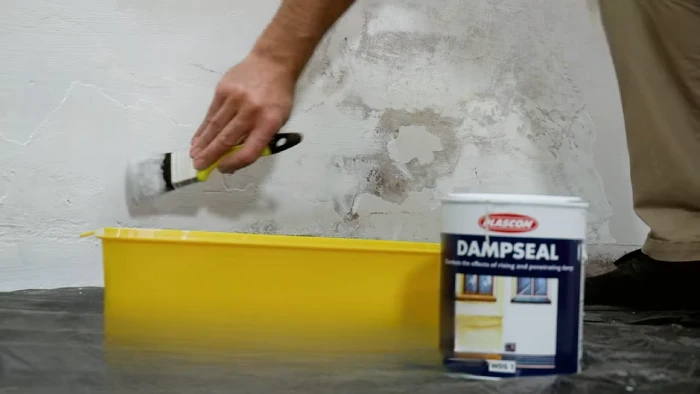
![Can I Seal a Concrete Countertop with Epoxy: Only 5 Steps [Guide]](https://heavyadvisor.com/wp-content/uploads/2023/01/Can-I-Seal-a-Concrete-Countertop-with-Epoxy.webp)
![Does Sealing Concrete Reduce Radon: 6 Factors [To Consider]](https://heavyadvisor.com/wp-content/uploads/2023/01/Does-Sealing-Concrete-Reduce-Radon.webp)
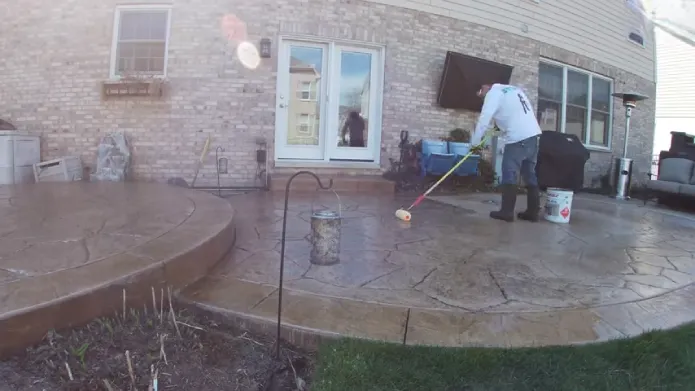
![Can Concrete Sealer Be Harmful: 8 Awareness [Safety]](https://heavyadvisor.com/wp-content/uploads/2023/01/Can-Concrete-Sealer-Be-Harmful.webp)
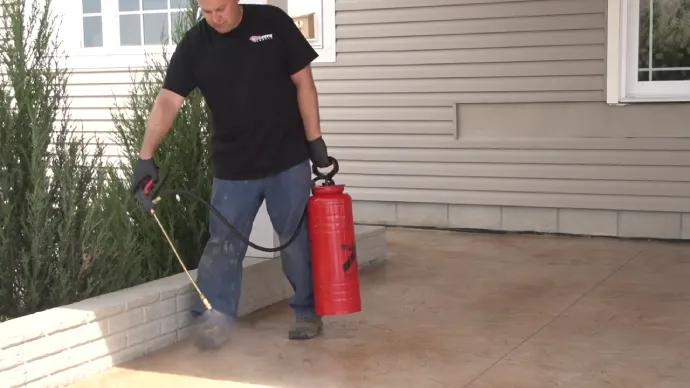
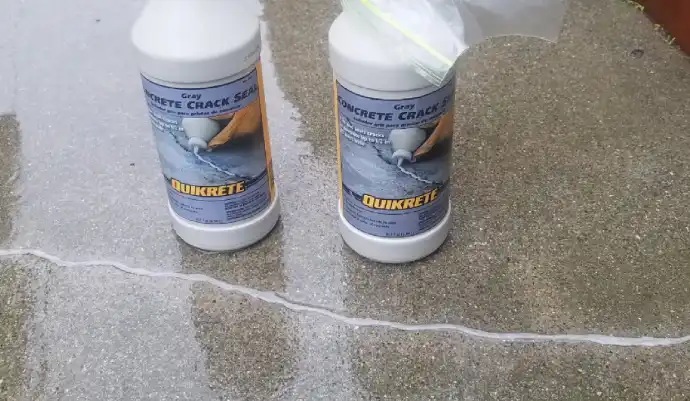
![How to Seal Concrete Curbing: 6 Steps [DIY Solution]](https://heavyadvisor.com/wp-content/uploads/2023/01/How-to-Seal-Concrete-Curbing.webp)
![Can You Add Glitter To Concrete Sealer: 3 Benefits [Must Know]](https://heavyadvisor.com/wp-content/uploads/2023/01/Can-You-Add-Glitter-To-Concrete-Sealer.webp)
![Does Muriatic Acid Remove Concrete Sealer: 6 Things [Covered]](https://heavyadvisor.com/wp-content/uploads/2023/01/Does-Muriatic-Acid-Remove-Concrete-Sealer.webp)
![Can You Seal Wet Concrete: 6 Things [In Your Checklist]](https://heavyadvisor.com/wp-content/uploads/2023/01/Can-You-Seal-Wet-Concrete.webp)
